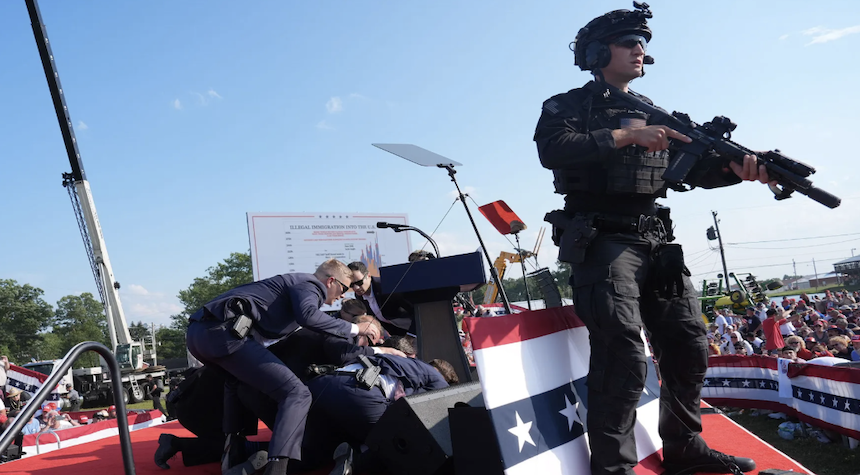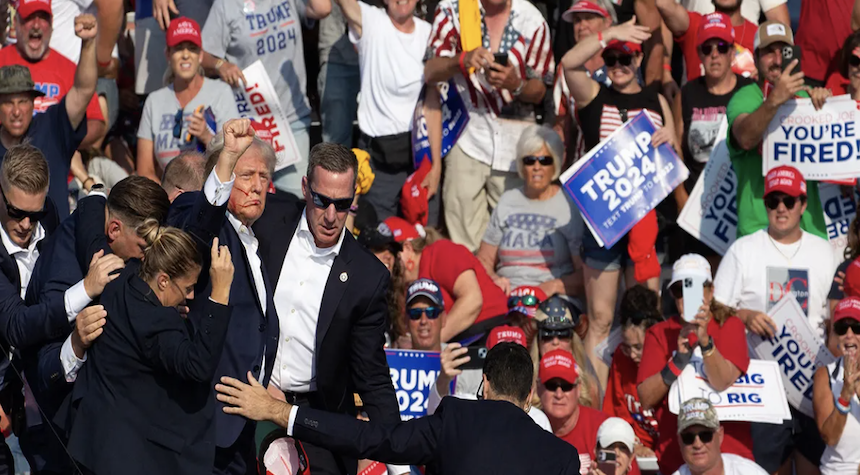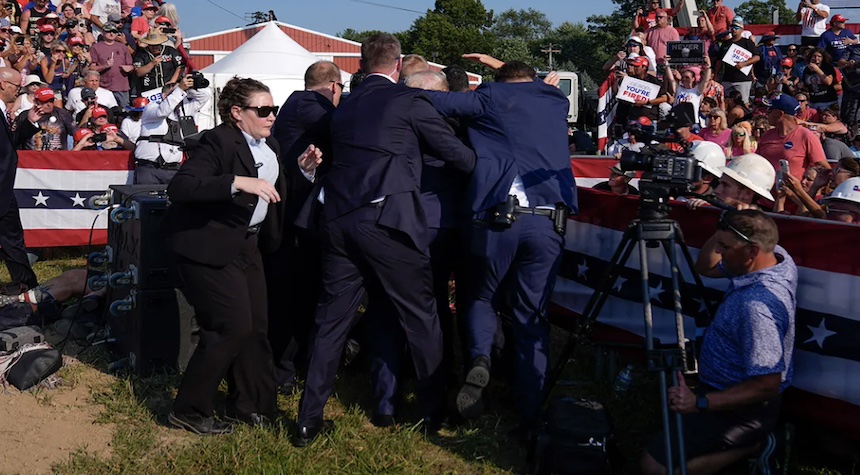Six Secret Service agents have been suspended following an extensive review of last July’s assassination attempt on then-candidate Donald Trump in Butler, Pennsylvania.
A Department of Homeland Security investigation has uncovered a series of law enforcement failures that left Trump vulnerable to being attacked. According to reliable sources, the suspensions range from 10 to 42 days and affect agents at various levels of the organization.
The independent report, as quoted by ABC News, states that “The Secret Service does not perform at the elite levels needed to discharge its critical mission.” It further characterizes the agency as “bureaucratic, complacent, and static” in the face of evolving risks and technologies.

U.S. Secret Service Deputy Director Matt Quinn has emphasized a focus on addressing root causes rather than relying solely on disciplinary measures. He reports that suspended agents, upon return, will face restricted duties or reassignment to less operationally critical roles.
Since the Butler incident, which resulted in Trump being shot in the ear and one supporter losing their life, the Secret Service has reportedly implemented new security measures. These include military-grade drones and improved communication systems with local law enforcement.
This development follows earlier reports of a subsequent assassination attempt on Donald Trump in West Palm Beach, Florida, less than two months before his re-election. The evidence suggests ongoing security concerns that extend beyond a single incident.

While some may view the suspensions as necessary accountability, others might question whether such measures are sufficient to address systemic issues within the agency.
The facts raise important questions about the future of presidential security and the ability of the Secret Service to adapt to modern threats. As this situation continues to unfold, the public’s right to information about the safety of our elected officials remains paramount.

